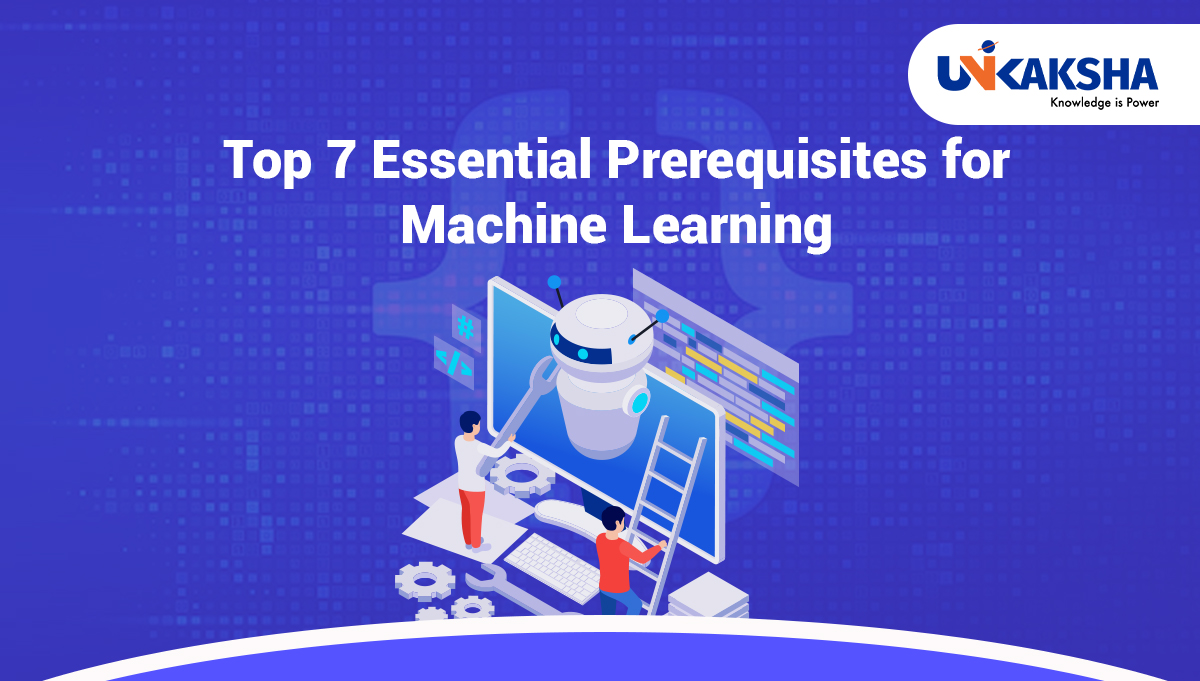Machine learning has revolutionized the world of technology and has emerged as one of the most promising technologies in recent times. It is an application of artificial intelligence that uses algorithms and statistical models to analyze and learn from data, making predictions and decisions without being explicitly programmed. The concept of machine learning involves training algorithms on large amounts of data, enabling them to identify patterns and make predictions based on that data. This process allows the algorithm to adapt and learn from the data, improving its accuracy over time. This technology has opened up a world of possibilities, and its applications span various industries.
A few applications of machine learning
Whether it’s healthcare, finance, retail, or transportation, machine learning is transforming the way we live and work, enabling us to achieve greater efficiency and productivity in all aspects of our lives
Healthcare Industry
One of the most significant applications of machine learning is in the field of healthcare. Medical professionals can use machine learning algorithms to analyze patient data and identify potential health risks, enabling them to intervene early and prevent serious illnesses. Machine learning can also be used to develop personalized treatment plans for patients based on their medical history and genetic information.
Financial Industry
Another area where machine learning has made a significant impact is in the field of finance. Financial institutions can use machine learning algorithms to analyze market trends and predict changes in stock prices, enabling them to make informed investment decisions. Machine learning can also be used to detect fraudulent activity, such as credit card fraud and money laundering, helping to reduce financial crime.
Retail Industry
The retail industry has also seen significant benefits from machine learning. Online retailers can use machine learning algorithms to analyze customer data and predict purchasing behavior, enabling them to personalize marketing campaigns and improve customer experience. Machine learning can also be used to optimize supply chain operations, reducing costs and improving efficiency.
Transportation Industry
Machine learning has also been used to revolutionize the field of transportation. Self-driving cars, for example, use machine learning algorithms to analyze real-time data from sensors and cameras, enabling them to make decisions in real time and navigate roads safely. Machine learning can also be used to optimize transportation routes, reducing congestion and improving travel times.
As technology advances, we can expect to see even more exciting developments and innovations in the years to come. The potential of machine learning is endless, and as the technology evolves, so do its applications.
- One of the most exciting areas of development in machine learning is the field of natural language processing (NLP). With the help of NLP, machines can understand and analyze human language, making it possible to develop intelligent chatbots, virtual assistants, and voice-controlled devices.
- Another area of rapid development is computer vision, which is the ability of machines to interpret and analyze visual data from the world around us. Computer vision has many applications, such as object detection, face recognition, and image classification.
- Machine learning is also being used to tackle some of the biggest challenges facing our planet, such as climate change and food security. It is being used to optimize energy consumption, monitor environmental changes, and improve crop yields.
Interested in a tech career or upskilling?
If you’re interested in pursuing a career in tech or advancing your current skills, UniKaksha offers a wide range of upskilling courses in various technology fields, including full-stack development and software development. Join a tech course with UniKaksha and get an opportunity to work on real-world projects, gain hands-on experience, and receive mentorship from industry experts. Join now and get ahead in the tech industry
About the Author
Sonali is an accomplished Author, Content Writer, Copywriter, and Ghostwriter, known for her ability to create engaging and captivating communications. With over 11 years of experience, she has developed a diverse industry background in Education, Travel, Retail, Events, and Fashion . Quality over quantity is what she firmly believes in. At UniKakhsa, she leads a team of talented technical writers, dedicated to delivering valuable content to readers through our blogs.



